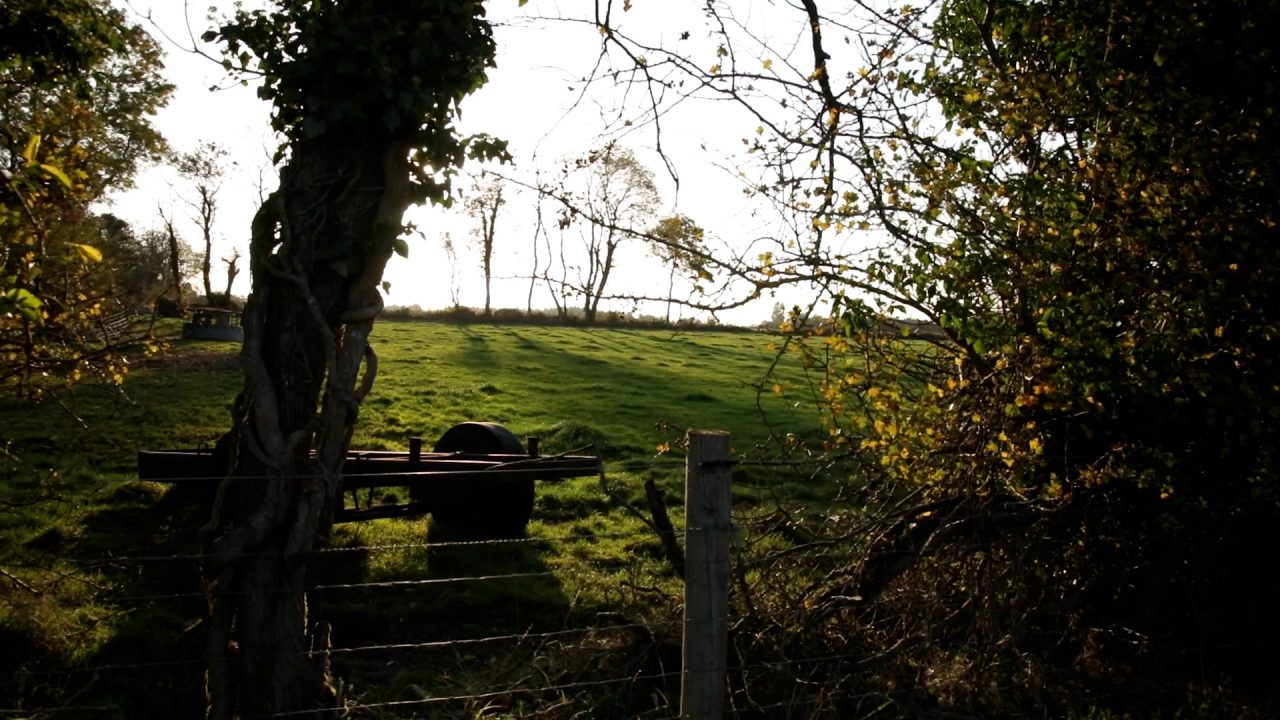Farming ‘shapes and maintains the rural landscape and protects natural resources’ for 84% of the respondents to a European-wide survey.
This week is ‘Rural Vision Week’, dedicated to imagining the future of Europe’s rural areas.
The week was opened by Vice President for Democracy and Demography Dubravka Šuica, and Commissioner for Agriculture Janusz Wojciechowski. The itinerary includes workshops on a fair and green transition; strengthening urban-rural partnerships; the role of farming; food production and digital innovations in rural areas; and finding smart solutions to demographic change.
This event and its outcomes will feed into the commission’s long-term vision for rural areas communication, to be published mid-2021.
Europeans share their views on rural areas
The findings of a public consultation on the long-term vision for rural areas have been presented this week.
The replies to the consultation found that improved infrastructure, especially in terms of public transport, is among the most pressing needs for rural areas. Farming is seen as the sector contributing the most to rural areas.
The third most important reason (80% of the replies) is the availability of ‘business opportunities thanks to digital infrastructure making working remotely easier’.
Around three-quarters of respondents considered the ‘availability and affordability of locally-produced food’ and the ‘lower cost of living than in urban/intermediate areas’ as important reasons (with respectively 75% and 71% of very important and important replies).
Farming perceived as most important sector
‘Farming/agriculture’ is perceived as the most important sector by 93% of the participants (74% very important and 19% important).
In regards to farming’s contribution to rural areas, with more than 90% of the replies, the two most important contributions were ‘ensuring access to affordable quality food’ and providing ‘jobs in the food processing industry, the wider bio-economy and tourism’.
It also contributes to ‘keeping rural areas populated’ for 86% of participants.
